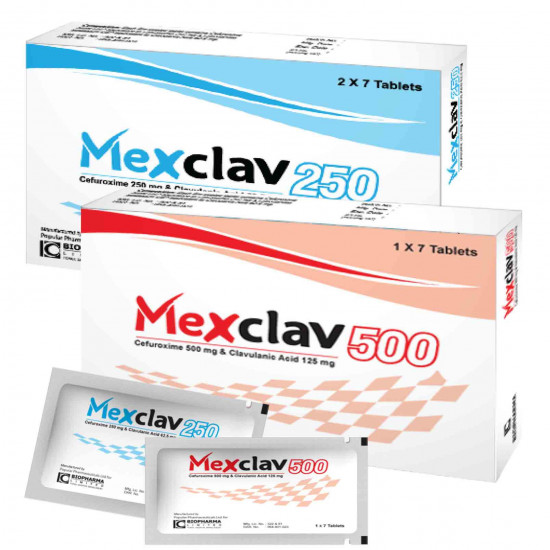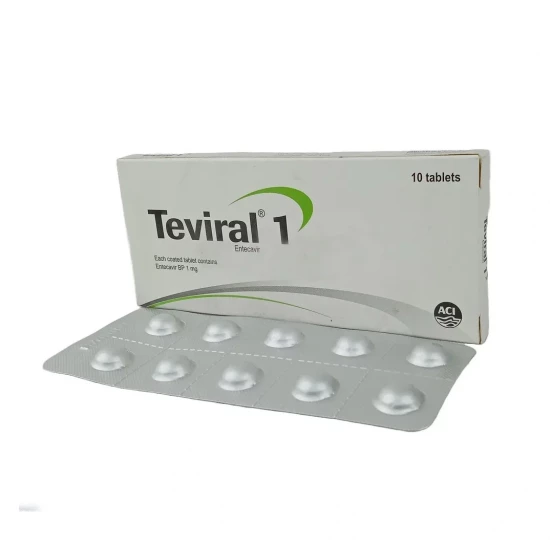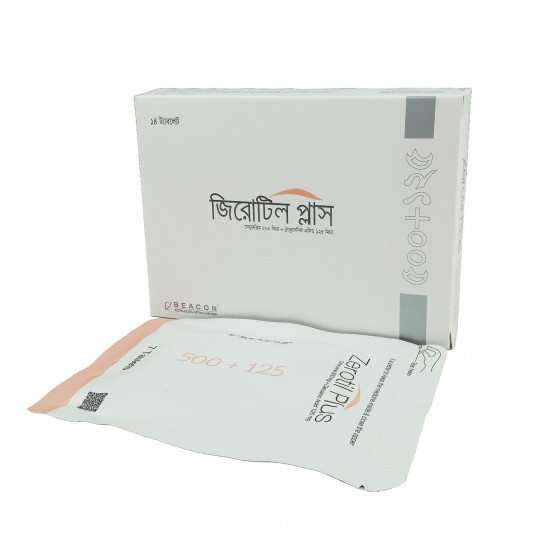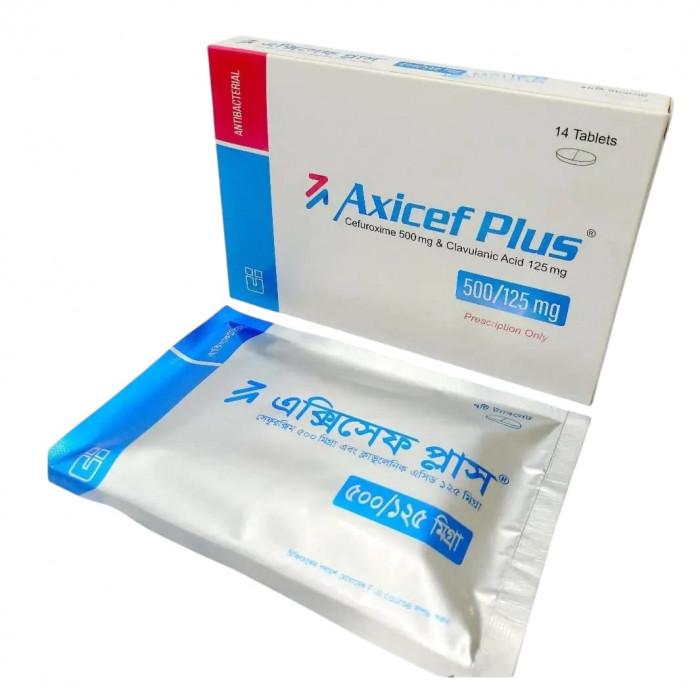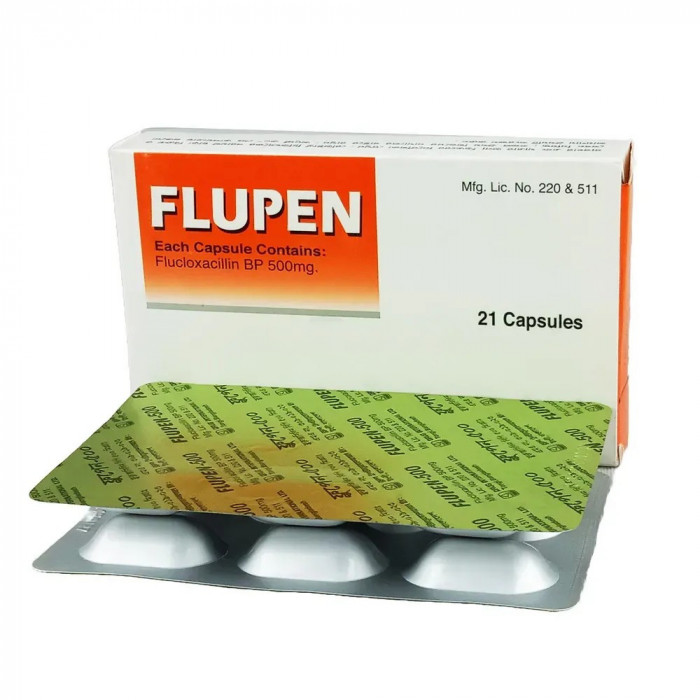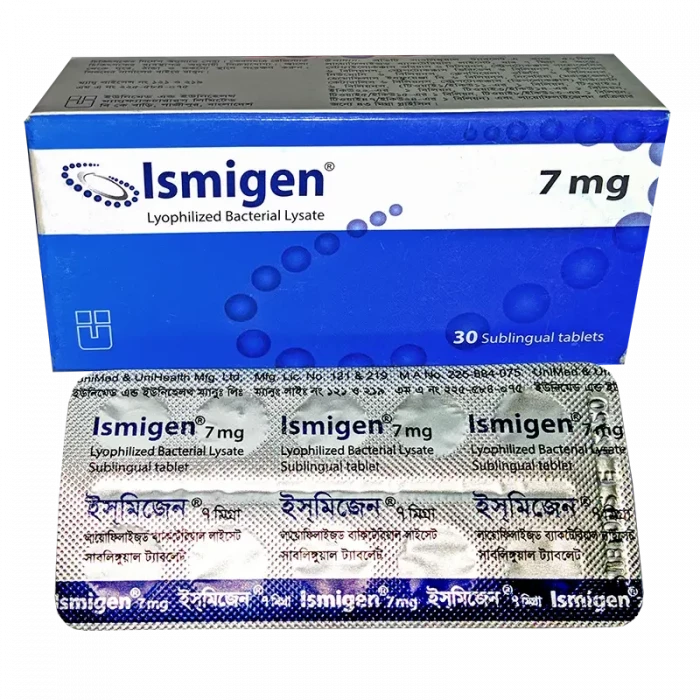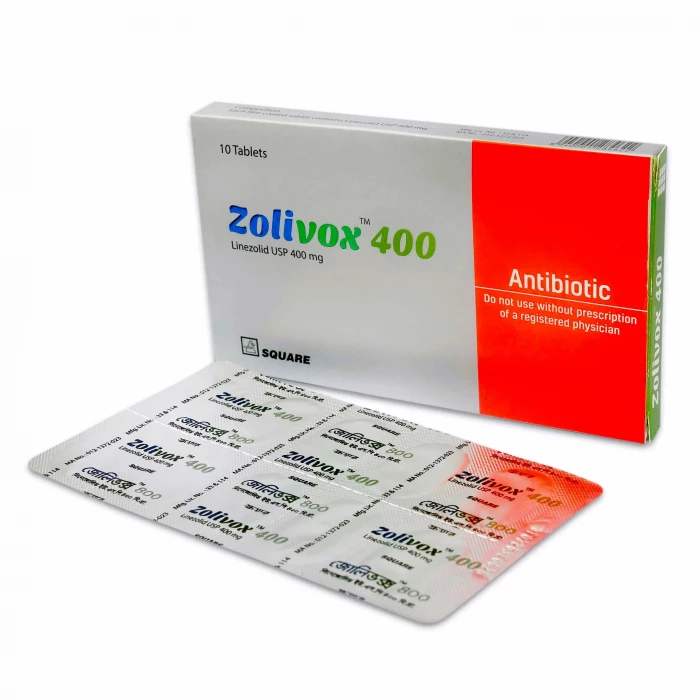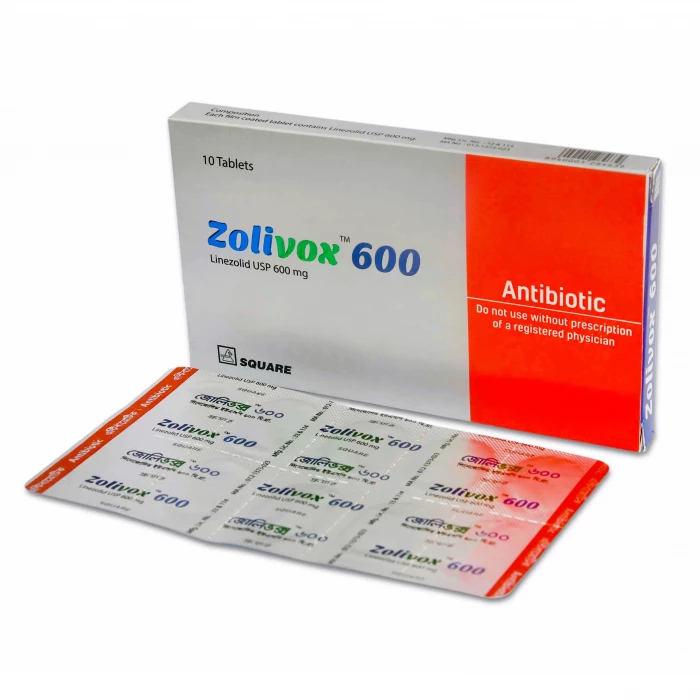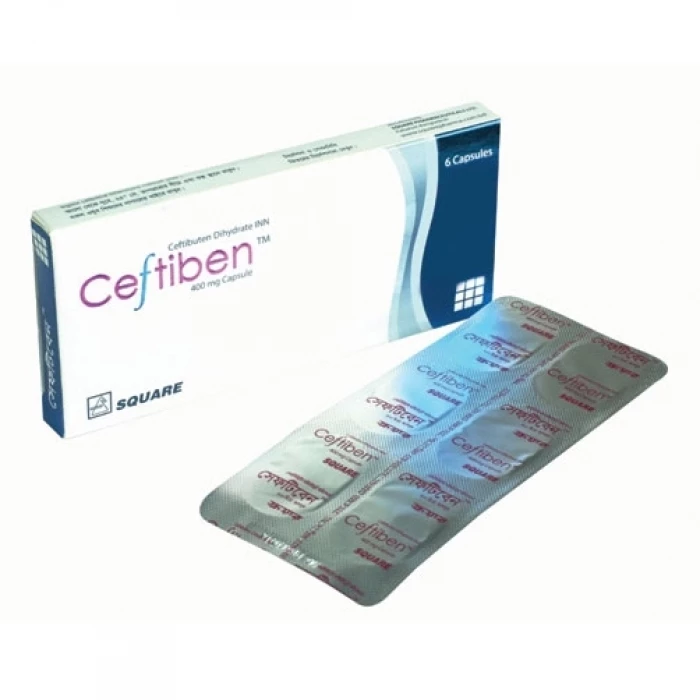
✔ 100% Authentic Product
👁️ Currently Viewing 1596
Phylopen - IM/IV 500 Injection
Injection Manufacturer/Distributor: Square Pharmaceuticals Ltd. Generic Name: Flucloxacillin 500 mg/vial Injection
Discount
Price: ৳ 43
MRP:
৳
45.3
5%
Off

100% Genuine Products, Guaranteed

Safe & Secure Payments, Always

Fast, Secure & Efficient Delivery

Proper Packaging
 Cash on Delivery - All over Bangladesh
Cash on Delivery - All over Bangladesh Regular Delivery - 12-24 Hours, Dhaka City* Charge Tk.39-59
Regular Delivery - 12-24 Hours, Dhaka City* Charge Tk.39-59 Regular Delivery - 24-48 Hours, Other Cities* Charge Tk.99-110
Regular Delivery - 24-48 Hours, Other Cities* Charge Tk.99-110
🌙 রমযান অফার 🌙
 ফ্রি ডেলিভারিঃ - ৭৯৯ টাকা+ অর্ডারে, ঢাকা
শহরে
ফ্রি ডেলিভারিঃ - ৭৯৯ টাকা+ অর্ডারে, ঢাকা
শহরে ফ্রি ডেলিভারিঃ - ২৭৯৯ টাকা+ অর্ডারে, ঢাকার
বাহিরে
ফ্রি ডেলিভারিঃ - ২৭৯৯ টাকা+ অর্ডারে, ঢাকার
বাহিরে
📲 মোবাইল অ্যাপ অর্ডারে সাশ্রয় বেশী
-
Google Play Store থেকে ডাউনলোড
-
Apple Store থেকে ডাউনলোড
100% Genuine Products, Guaranteed
Safe & Secure Payments, Always
Fast, Secure & Efficient Delivery
Proper Packaging
 Cash on Delivery - All over Bangladesh
Cash on Delivery - All over Bangladesh Regular Delivery - 12-24 Hours, Dhaka City* Charge Tk.39-59
Regular Delivery - 12-24 Hours, Dhaka City* Charge Tk.39-59 Regular Delivery - 24-48 Hours, Other Cities* Charge Tk.99-110
Regular Delivery - 24-48 Hours, Other Cities* Charge Tk.99-110 ফ্রি ডেলিভারিঃ - ৭৯৯ টাকা+ অর্ডারে, ঢাকা
শহরে
ফ্রি ডেলিভারিঃ - ৭৯৯ টাকা+ অর্ডারে, ঢাকা
শহরে ফ্রি ডেলিভারিঃ - ২৭৯৯ টাকা+ অর্ডারে, ঢাকার
বাহিরে
ফ্রি ডেলিভারিঃ - ২৭৯৯ টাকা+ অর্ডারে, ঢাকার
বাহিরে- Google Play Store থেকে ডাউনলোড
- Apple Store থেকে ডাউনলোড
🌙 রমযান অফার 🌙
📲 মোবাইল অ্যাপ অর্ডারে সাশ্রয় বেশী
✅ Description:
Indications
Flucloxacillin is used to treat infections produced by Gram-positive bacteria, particularly infections caused by staphylococci that produce penicillinase. These are some of the signs:
Infections of the skin and soft tissues: boils, abscesses, carbuncles, and infected skin diseases (e.g. ulcer, eczema, acne, furunculosis, cellulitis, infected wounds, infected burns, otitis media and externa, impetigo). Pneumonia, lung abscess, empyema, sinusitis, pharyngitis, tonsillitis, and quinsy are all respiratory tract illnesses. It is also used to treat other infections caused by Flucloxacillin-sensitive organisms, such as osteomyelitis, enteritis, endocarditis, urinary tract infection, meningitis, and septicaemia. When appropriate, it is utilized as a preventive medication during major surgical procedures such as cardiothoracic and orthopedic surgery.
Pharmacology
Flucloxacillin is isoxazolyl penicillin which combined the properties of resistance to hydrolysis by penicillinase, gastric acid stability and activity against gram-positive bacteria. Flucloxacillin is a bactericidal antibiotic that is particularly useful against penicillinase-producing staphylococci.
Flucloxacillin kills bacterial cellwall, thus interfering with peptidoglycan synthesis. Peptidoglycan is a heteropolymeric structure that provides the cell wall with its mechanical stability. The final stage of peptidoglycan synthesis involves the completion of the cross-linking with the terminal glycine residue of the pentaglycin bridge linking to the fourth residue of the pentapeptide (D-alanine). The transpeptidase enzyme that performs this step is inhibited by Flucloxacillin. As a result the bacterial cellwall is weakened, the cell swells and then ruptures. Flucloxacillin resists the action of bacterial penicillinase probably because of the steric hindrance induced by the acyl side chain which prevents the opening of the β-lactam ring.
Dosage & Administration
Oral administration:
- Adult: 250 mg four times daily. Dosage may be doubled in severe infections. In osteomyelitis and endocarditis, up to 8 gm daily is used in 6-8 hourly divided doses.
- Children (2-10 years): 1/2 of adult dose.
- Children (Under 2 years): 1/4 of adult dose.
Parenteral administration:
Adult or Elderly:
- Intramuscular Injection: 250 mg four times daily.
- Intravenous Injection: 250 mg-1 g four times daily by slow injection over 3 to 4 minutes or by intravenous infusion.
- All systemic doses may be doubled in severe infections: doses up to 8 g daily have been suggested for endocarditis or osteomyelitis.
Children:
- 2-10 years: half of the adult dose.
- Under 2 years: a quarter of the adult dose.
Interaction
Concurrent Flucloxacillin use may result in an elevated Flucloxacillin level in the blood for an extended period of time.
Contraindications
Flucloxacillin is not recommended for people who are allergic to penicillin.
Side Effect
Nausea, vomiting, diarrhoea, dyspepsia, and other minor gastrointestinal disturbances are some of the most common gastrointestinal side effects. Urticaria, purpura, fever, interstitial nephritis, hepatitis, and cholestatic jaundice have all been reported in addition to these rashes.
Pregnancy & Lactation
Flucloxacillin is classified as a pregnancy category B by the US Food and Drug Administration. In pregnant women, there are no adequate and well-controlled studies. Because animal reproduction studies do not always predict human response, this medication should only be used during pregnancy if absolutely necessary.
Precautions & Warnings
In patients with hepatic dysfunction, flucloxacillin should be used with caution. In the treatment of patients with allergic diathesis, caution is also advised.
Therapeutic Class
Penicillinase-resistant penicillins
Storage Conditions
Keep the temperature below 30°C and away from light and moisture. Keep out of children's reach.
⚠️Disclaimer:
At ePharma, we’re committed to providing accurate and accessible health information. However, all content is intended for informational purposes only and should not replace medical advice from a qualified physician. Please consult your healthcare provider for personalized guidance. We aim to support, not substitute, the doctor-patient relationship.




